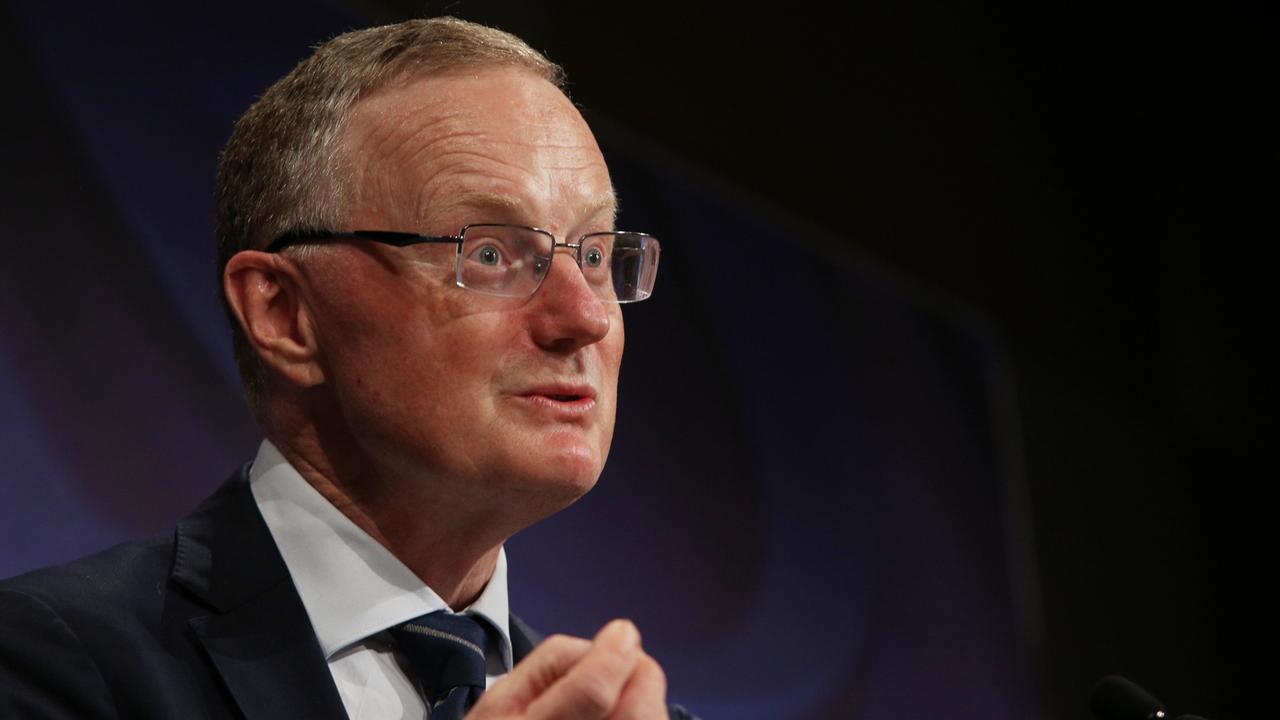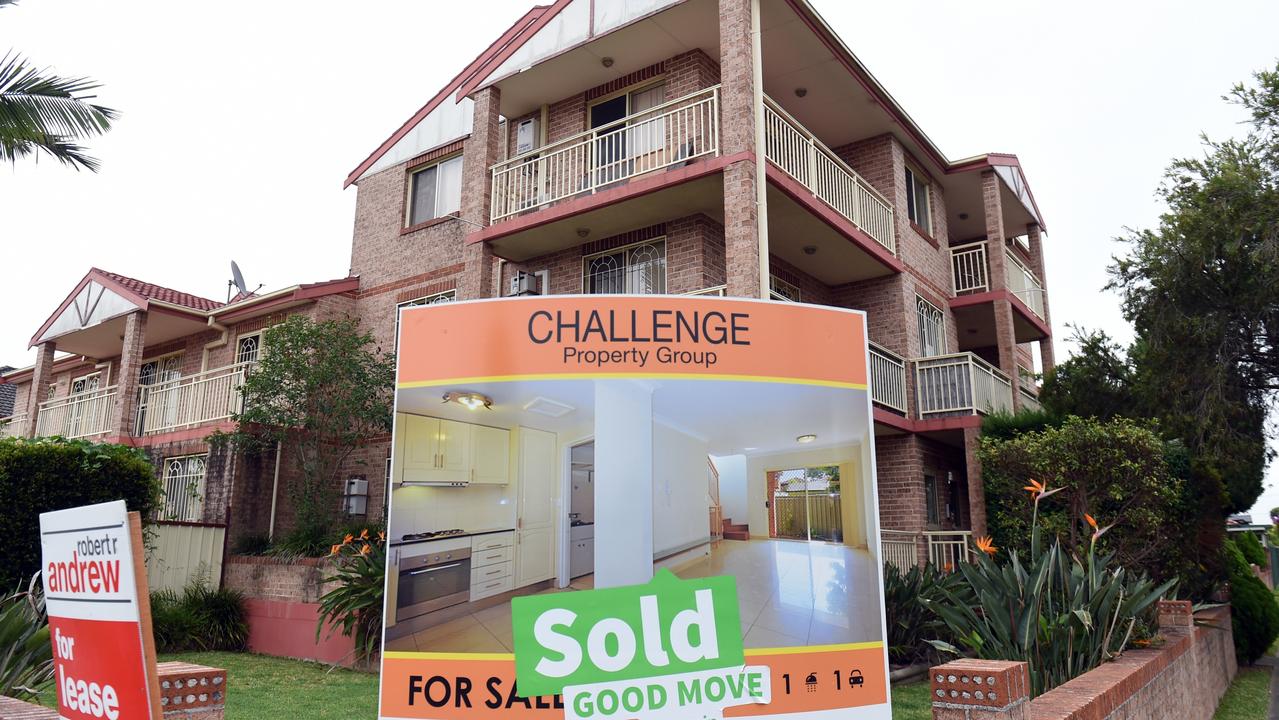When Commonwealth Bank expects rate hike
A big four bank and another Australian financial giant have forecast when the RBA will lift rates amid high inflation.
One of the big four banks has brought forward its forecast for the Reserve Bank of Australia to lift the cash rate, saying the central bank’s prediction for underlying inflation is “significantly below” its own.
Commonwealth Bank on Tuesday released its changed opinion on rate increases, saying the first will occur in June, having previously tipped August.
“The RBA has forecast trimmed mean inflation to be 3.25 per cent per year at mid‑22 … Our preliminary estimate is for the March quarter trimmed mean CPI to increase by 1.2 per cent per quarter, which would take the annual rate to 3.5 per cent,” CBA head of Australian economics Gareth Aird said.
“We are very comfortable with our expectation that the Q1 22 underlying inflation data will be a lot stronger than the RBA’s forecast.
“Private surveys that contain inflation gauges indicate the inflationary pulse has accelerated so far in 2022.
“Input costs have risen very swiftly and this is feeding through to faster growth in output prices.”
It came as the RBA released minutes from its February 1 board meeting, when the cash rate was held at the historic low of 0.1 per cent as predicted, and announced the end of its 15-month government bond-buying program.

“After a lengthy period of below target inflation growth, it appears that the Reserve Bank is determined to drive down the unemployment rate below 4 per cent (“full employment”) in an attempt to stoke annual wage growth of 3-4 per cent,” CommSec senior economist Ryan Felsman said.
“That said, board members said it is ‘likely to be some time before aggregate wages growth would be at a rate consistent with inflation being sustainably at target’.
“Therefore, on the likely timing of a rate hike, the board is ‘prepared to be patient as it monitors how the various factors affecting inflation in Australia evolve’.”
While Reserve Bank governor Philip Lowe has suggested in recent commentary that a rate hike later this year is “plausible”, he made it conditional on actual inflation being sustainably within the 2 to 3 per cent target band.
“With that in mind, it appears that the Reserve Bank’s first move in over a decade to hike rates will likely depend on annual core or trimmed mean inflation growth being sustained in the central bank’s 2-3 per cent target range for another quarter or two,” Mr Felsman said.

Dr Lowe had previously forecast 2023 for a rate hike but more likely 2024.
But the economy has roared back to life faster than expected and inflation has climbed higher than the RBA has forecast.
The market has been moving in anticipation of a rise to the official cash rate, with banks lifting fixed mortgage interest rates.
“With it only a matter of time before the Reserve Bank lifts interest rates, and new fixed mortgage rates already lifting from low levels, homeowners with variable rate mortgages should prepare themselves for an eventual lift in borrowing costs,” Mr Felsman warned.
Meanwhile, AMP chief economist Shane Oliver also said a June cash rate hike was possible.
“We expect the RBA to start raising the cash rate in August (possibly June) after news of more strong inflation data, unemployment below 4 per cent and wages growth pushing up to 3 per cent, and see the cash rate rising to around 1.5 to 2 per cent over the next two years or so,” Mr Oliver said.
“This would add a similar amount to variable mortgage rates. It will take household debt interest payments relative to income back to around 2018 levels.”
AMP expects average Australian residential property prices will peak in the September quarter, with values likely to rise 3 per cent this year, then fall by 5-10 per cent next year.




